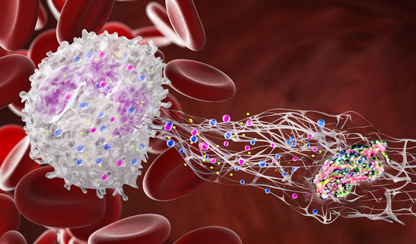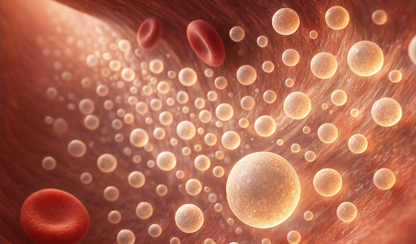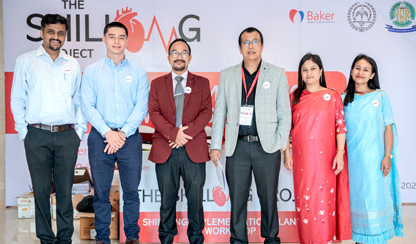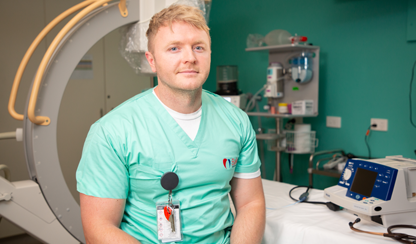01 June 2021
Media release
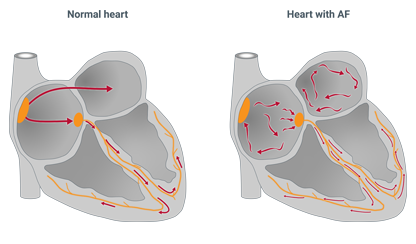
Baker Institute researchers have led a scientific review into atrial enlargement — expansion of the upper chambers of the heart — to highlight an area that requires greater research and understanding to improve atrial fibrillation prevention, diagnosis and treatment.
The review, published today in one of the world’s leading peer-reviewed cardiovascular journals — the Journal of the American College of Cardiology — examined atrial enlargement associated with cardiac disease in comparison to atrial enlargement in response to normal physiological stimuli including exercise and pregnancy.
The review, led by, Professor Julie McMullen, Professor Tom Marwick and colleagues, show atrial enlargement associated with both cardiac disease and physiological stimuli can be comparable in magnitude but the diseased heart is often associated with complications such as atrial fibrillation, the most common type of irregular heartbeat.
The diseased, enlarged heart and atrial fibrillation are also observed in a small percentage of athletes who participate in extreme or intense sport and pregnant women with preeclampsia.
Professor Julie McMullen, who heads the Cardiac Hypertrophy laboratory, says differences between the two types of atrial enlargement — from cardiac disease and physiological stimuli — and the underlying mechanisms are poorly understood, highlighting key knowledge gaps and clinical challenges.
She says one example of this is the lack of understanding into why the two atria in the human heart have limited capacity to correct themselves after enlargement and stress, with stiffness and functionality significant areas of concern.
The Baker Institute has been studying the enlarged heart and atria in both animals and people with cardiac disease (such as those with high blood pressure and mitral valve disease) and in endurance exercise for many years to understand more about atrial fibrillation prevention, diagnosis and treatment.
Professor McMullen says the review highlights the need to better understand the different features and mechanisms responsible for atrial enlargement to allow for earlier interventions to prevent or even reverse remodelling of the heart.
She says advanced imaging and novel biomarkers for identifying patients at risk of atrial remodelling will be critical in providing new therapeutic and diagnostic strategies.
For further information or to organise interviews please contact:
Tracey Ellis
T: 03 8532 1514
M: 0433 781 972
E: tracey.ellis@baker.edu.au


